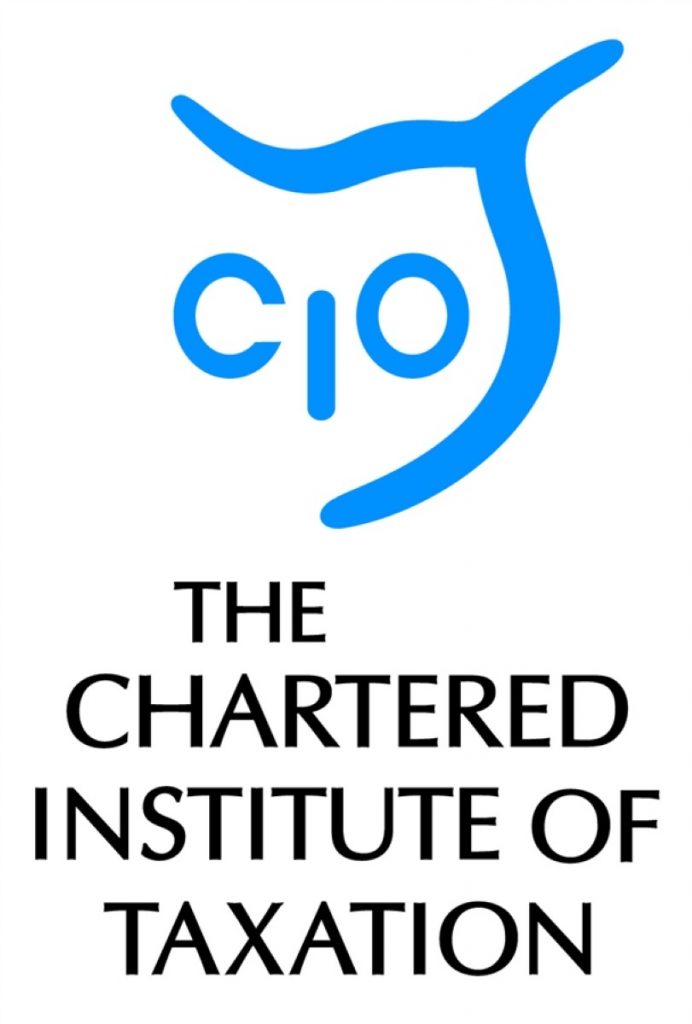CIOT: Chartered Institute of Taxation: Childcare proposals fail on both fairness and complexity
Government proposals to restrict tax relief for employer-supported childcare1 would introduce a new layer of complexity for both employers and employees, and would create new unfairnesses in the system, say tax advisers.
The Chartered Institute of Taxation (CIOT) and its Low Incomes Tax Reform Group (LITRG) have both criticised the proposals in their responses to a government consultation ahead of the Budget.
Colin Ben-Nathan, Chair of the CIOT’s Employment Taxes Sub-Committee, commented:
“The existing rules for tax exemption on employer-supported childcare are well established and relatively simple. We think that the Government’s proposals will complicate matters and that they will introduce a significant administrative burden on employers, at a time when the Government has indicated that it is committed to simplifying the tax system wherever possible.
“Additionally, the proposed legislation does not support the Government’s objective of making the tax system fairer. Instead, it will give some people more or less tax relief than others in similar roles and with similar incomes. In our view it therefore fails on both counts – fairness and complexity.”
Robin Williamson, Technical Director of the CIOT’s Low Incomes Tax Reform Group, added:
“From a low income perspective it is often better to claim help with childcare costs through tax credits instead of taking any childcare vouchers offered. Making the right decision has always involved complex calculations, often made more difficult by poor information from HMRC and voucher providers. The proposed changes will make these interactions even more complex.
“The mechanism proposed for restricting tax relief on employer-supported childcare is, in our view, unworkable. It seems to depend on something of a ‘back of the envelope’ calculation of income. We also have strong concerns that this model might be used in future to restrict other reliefs – for example, the proposed withdrawal of child benefit from higher rate taxpayers.”
The LITRG is calling for a full review of childcare proposals and policy across government. The aim must be to create a system simple enough for people to understand, and one that provides employees with certainty that they can meet their childcare costs without an unwelcome tax cost at a later point. LITRG believes that the current proposals, inflexible on changes in circumstances and complex in their operation, do not fulfil that objective.
Notes for editors
1. The Government’s proposals
Previously, to encourage the take up of high quality childcare and enable employers to recognise and support childcare needs, the tax and national insurance (NICs) treatment of childcare vouchers was aligned. A tax and NICs exemption on childcare vouchers of £50 per week was introduced (increased to £55 per week in April 2006). A similar tax and NICs exemption for directly contracted childcare was also introduced.
The proposal to restrict tax relief on employer-supported childcare was announced by the previous government in the 2009 PBR and confirmed by the Coalition in the June Budget. Draft legislation to restrict the level of income tax relief available to higher rate and additional rate taxpayers was published in December for inclusion in Finance Bill 2011. The measure will, however, only apply to individuals joining employer-supported childcare schemes on or after 6 April 2011.
2. The CIOT’s submission can be read in full at: tinyurl.com.
The LITRG’s submission can be read in full at: www.litrg.org.uk
3. The Chartered Institute of Taxation (CIOT) is a charity and the leading professional body in the United Kingdom concerned solely with taxation. The CIOT’s primary purpose is to promote education and study of the administration and practice of taxation. One of the key aims is to achieve a better, more efficient, tax system for all affected by it – taxpayers, advisers and the authorities.
The CIOT’s comments and recommendations on tax issues are made solely in order to achieve its primary purpose: it is politically neutral in its work. The CIOT will seek to draw on its members’ experience in private practice, government, commerce and industry and academia to argue and explain how public policy objectives (to the extent that these are clearly stated or can be discerned) can most effectively be achieved.
The CIOT’s more than 15,000 members have the practising title of ‘Chartered Tax Adviser’ and the designatory letters ‘CTA’.
4. The Low Incomes Tax Reform Group (LITRG) is an initiative of the CIOT to give a voice to the unrepresented. Since 1998 LITRG has been working to improve the policy and processes of the tax, tax credits and associated welfare systems for the benefit of those on low incomes. Its website is www.litrg.org.uk.
– ENDS –
George Crozier
External Relations Manager
D: +44 (0)20 7340 0569
M: +44 (0)7740 477374
The Chartered Institute of Taxation
www.tax.org.uk
Low Incomes Tax Reform Group
www.litrg.org.uk
The Association of Taxation Technicians
www.att.org.uk
1st Floor, Artillery House, 11-19 Artillery Row, London SW1P 1RT





-01.png)